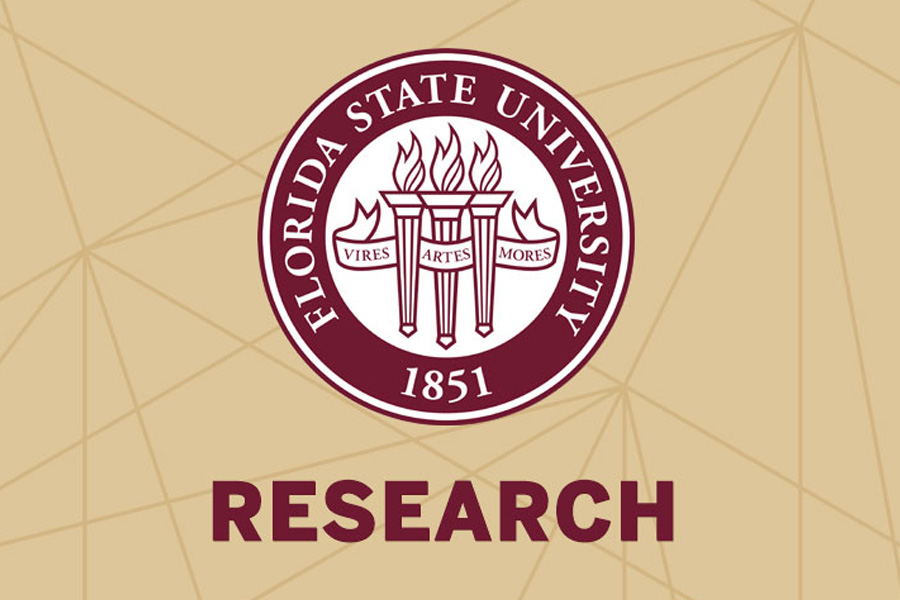FSU awards research funding to help faculty bring ideas from lab to market

A project to develop better solar cells, a new treatment for delivering medicine to the brain and a method for detecting viral and genetic mutations were among the projects that received funding from a Florida State University program that helps researchers develop their academic work into commercial enterprises.
FSU’s Office of the Vice President for Research awarded faculty members a total of more than $180,000 through the Spring 2021 GAP Commercialization Investment Program.
“It’s exciting to see faculty research with the potential to move beyond the halls of academia,” said Interim Vice President for Research Laurel Fulkerson. “This program is an important way to support faculty and broaden the potential impact of their research.”
The proposals that received funding were:
A project to further develop perovskite solar cells:
Biwu Ma, a professor in the Department of Chemistry and Biochemistry in the College of Arts & Sciences, is investigating ways to improve the performance of perovskites, a material that shows promise as the base for more efficient solar cells. The first perovskite solar cells, which were developed in 2006, had a solar energy power conversion efficiency of about 3 percent, but recently developed cells have bumped that number up to about 25 percent. That rapid increase in efficiency makes them a promising material for further advances, but they have drawbacks for commercial viability, such as a tendency to degrade quickly. Ma has developed a new way to prepare the coating that protects these solar cells. He plans to use the funding to build and test solar cells with the coating and establish their performance in real-world conditions.
A new treatment for delivering medicine to the brain:
Zucai Suo and Cathy Levenson, professors in the Department of Biomedical Sciences in the College of Medicine, are researching a method to deliver medicine through the blood-brain barrier, a barrier between the brain’s blood vessels and brain tissue. The research is an extension of a previous GAP project in which Suo developed a drug-delivery system using exosomes, which are fluid-filled packages released by cells. The researchers plan to show that various drugs consisting of proteins, small molecules or nucleic acids can be delivered to the brain. This delivery system can be used for various maladies, such as the brain cancer glioblastoma.
Disposable composites for medical radiation protection:
Zhibin Yu, an associate professor in the Department of Industrial and Manufacturing Engineering at the FAMU-FSU College of Engineering, is developing a flexible composite material that could protect health care workers and patients from radiation. The goal is to develop a lightweight, low-cost and nontoxic alternative to the heavy lead aprons that are currently used for protection. Current technologies are based on lead or lead compounds, which can be toxic, but Yu’s development would use other, nontoxic materials.
Microwave-mediated biochar and biochar-hydrogel composites:
Gang Chen, a professor in the Department of Civil and Environmental Engineering at the FAMU-FSU College of Engineering, is developing a soil additive that allows crops to retain more nitrogen and water. These biochar-hydrogel composites could reduce the need for fertilizers, help conserve water and improve crop yields. Along with agricultural markets, the composite could be used by water and wastewater treatment facilities, landfills, golf courses and for home use in gardens and lawns.
Another method to detect virus and genetic mutations:
Hong Li, a professor in the Department of Chemistry and Biochemistry in the College of Arts & Sciences, is developing a way to detect nucleic acids without using polymerase chain reaction-based methods. Polymerase chain reaction (PCR) is a widely used technique for detecting genetic material that is used in a variety of applications, including helping to diagnose viral infections or cancers. Li is developing an alternative that uses an enzyme found in bacteria to give results within minutes.
For more information about the GAP program, visit the FSU Office of Commercialization.
